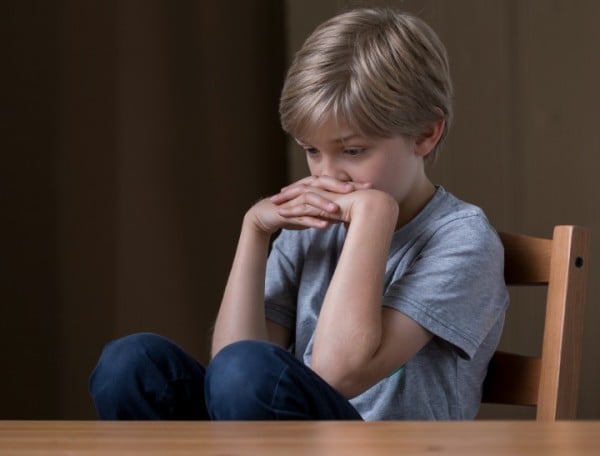
By Loving Life for Divorced Moms.
Boundaries are important to any successful custody arrangement. They become even more important when an alcoholic ex is involved with your children. We all have a tendency to be protective of our children and that only compounds when co-parenting with an alcoholic ex.
But how can you further protect your children?
Below are 5 ways to protect your child during and after divorcing from an alcoholic:
1. Depending on the age of your children, have a conversation with them.
Have the conversation no parent wants to have. You want to do everything in your power to not be negative about your ex – but you’ll need to be honest. Don’t view a conversation with your child about their alcoholic parent’s drinking as negative but, as proactive and protective.
You need to sit your child down and explain to them that when daddy or mummy drinks, they are not to get in the car. Teach them to dial 000 if they feel unsafe at any time while in the alcoholic parent’s custody. They need to be empowered and know how to protect themselves when not in your custody.


